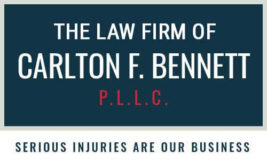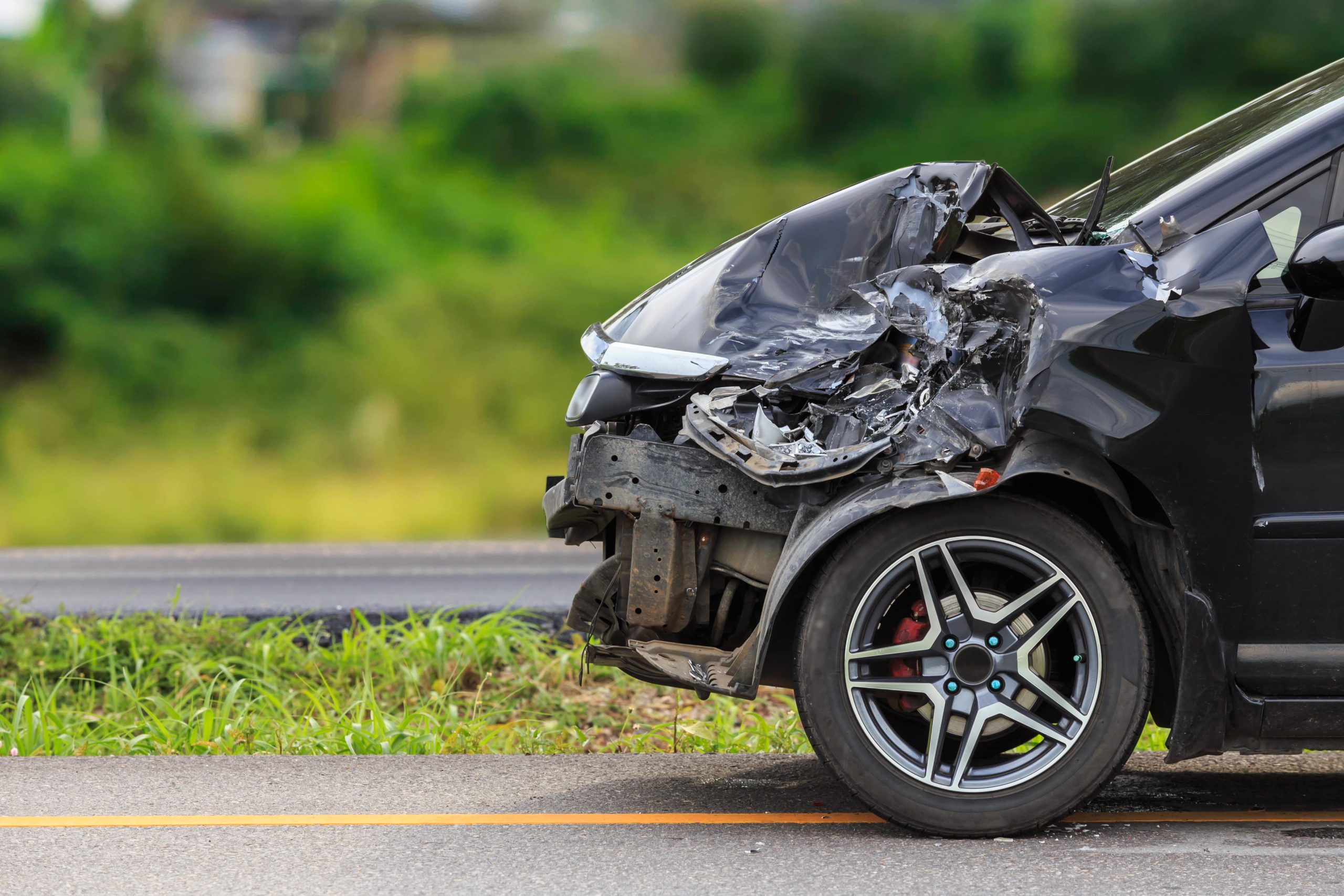 After a severe car accident involving your child, it’s crucial to be aware of traumatic brain injuries in children caused by car accidents, as the long-term effects can be significant. If your child sustained a head injury, the consequences might be even more severe and long-lasting than anticipated. Understanding the short and long-term effects of a brain injury will help arm you with additional information so that you can pursue the medical care and legal remedies your child needs.
After a severe car accident involving your child, it’s crucial to be aware of traumatic brain injuries in children caused by car accidents, as the long-term effects can be significant. If your child sustained a head injury, the consequences might be even more severe and long-lasting than anticipated. Understanding the short and long-term effects of a brain injury will help arm you with additional information so that you can pursue the medical care and legal remedies your child needs.
What Is a Traumatic Brain Injury?
When a car accident occurs, the force created by the collision can cause the brain to strike the skull, damaging brain structures and tearing nerve tissues. The resulting injury is called a traumatic brain injury (TBI). TBI is a general term for brain injury, and there are different classifications of TBIs.
For example, a concussion is a type of TBI that can be caused by a victim’s head striking the dashboard, steering wheel, or door during a collision. Depending on the severity of the injury, concussions can lead to loss of consciousness, bleeding and swelling of the brain, or nerve damage.
A brain contusion is another injury that can be caused by a direct impact to the head. A contusion is a bruise that can cause bleeding and swelling. In the most severe cases, contusions might require surgical intervention.
When an object goes through the skull, it is called a penetrating brain injury. This injury can occur when glass or other objects penetrate the skull during a collision. Penetrating injuries can impair motor function and communication skills and have other long-term consequences.
The severity of a TBI may be categorized as mild, moderate, or severe based on several factors, including the following:
- Extent and nature of the injury,
- Duration of loss of consciousness,
- Loss of memory of events immediately following injury, and
- Severity of confusion.
A mild TBI is generally associated with losing consciousness for less than 30 minutes. A moderate TBI involves loss of consciousness for 1-24 hours following an injury, while a severe TBI occurs when a victim loses consciousness for more than 24 hours.
How Does a TBI Impact Children?
The functional impact of traumatic brain injuries in children caused by car accidents can be different than in adults. The effects will often depend on the site of the injury, the extent of damage to the brain, and the child’s age or stage of development. TBI in children is classified as a chronic disease rather than a one-time event because symptoms may change and develop over time.
Unfortunately, the impact on the brain may not be immediately apparent because a child’s brain is still developing. It is also difficult to assess potential long-term damage in younger children and infants because they might be unable to communicate that they are experiencing headaches, sensory problems, confusion, and similar symptoms.
Immediate Damages of Traumatic Brain Injuries in Children
Children with minor head trauma who do not have brain injuries usually recover completely without any long-term complications. Children with mild TBI usually recover completely as well but must be monitored closely and allowed to fully recover before returning to normal activities, especially sports.
The signs and symptoms of a mild traumatic brain injury may include physical symptoms like headache, nausea, vomiting, fatigue, dizziness, or problems with speech. The child may also experience sensory symptoms like blurred vision, sensitivity to light or sound, ringing in the ears, a bad taste in the mouth, or changes in the ability to smell.
Cognitive, behavioral, or mental symptoms might include the following:
- Loss of consciousness for a few seconds to a few minutes;
- No loss of consciousness but a state of being dazed, confused, or disoriented;
- Memory or concentration problems;
- Mood changes or mood swings;
- Feeling depressed or anxious;
- Difficulty sleeping; and
- Sleeping more than usual.
If the brain injury is severe enough, it can disrupt the communication and chemical processes of the brain, leading to temporary or permanent brain damage, coma, or even death.
In the case of a moderate to severe TBI, the symptoms may be more noticeable and may appear within the first hours to days after a head injury. The symptoms will likely include any of the symptoms associated with a mild TBI, as well as convulsions or seizures, dilation of one or both pupils, clear fluids draining from the nose or ears, or a loss of coordination or numbness in fingers or toes. Cognitive or mental symptoms may include profound confusion, agitation, combativeness or other unusual behavior, slurred speech, loss of consciousness, or coma.
Long-Term Traumatic Brain Injuries in Children
While much research has been done on the short-term effects of TBIs, studies examining the long-term effects of brain injuries in children are more challenging for researchers to complete.
One study found that childhood TBIs increase the chances of low educational attainment, a need for psychiatric care, the likelihood of receiving welfare and disability benefits, and early death. Not unexpectedly, more severe brain injuries and repeated brain injuries made these outcomes even more likely.
Another study found that most mild head injury cases in young children do not produce any adverse effects. However, in more severe cases, long-term problems in psychosocial function are possible, especially when a brain injury occurs in a child who is of preschool age.
In any case, remember it takes time to heal, and there are medical and legal resources to help you through this difficult time. An experienced lawyer will be able to help you determine what your child’s long-term medical needs might be and factor those costs into your compensation claim.
If Your Child Suffered a Brain Injury Caused By a Car Accident, Call an Attorney Today
At The Law Firm of Carlton F. Bennett, PLLC, our case results are a testament to our team’s unmatched qualifications and compassionate, caring legal representation. Carlton Bennett has over 47 years of experience and has helped clients receive millions of dollars in settlements and verdicts. Our team is here to help you get the compensation your child needs to recover from their injury. Contact us today for a free consultation to learn more about how we can help you.


 January 9, 2023
January 9, 2023